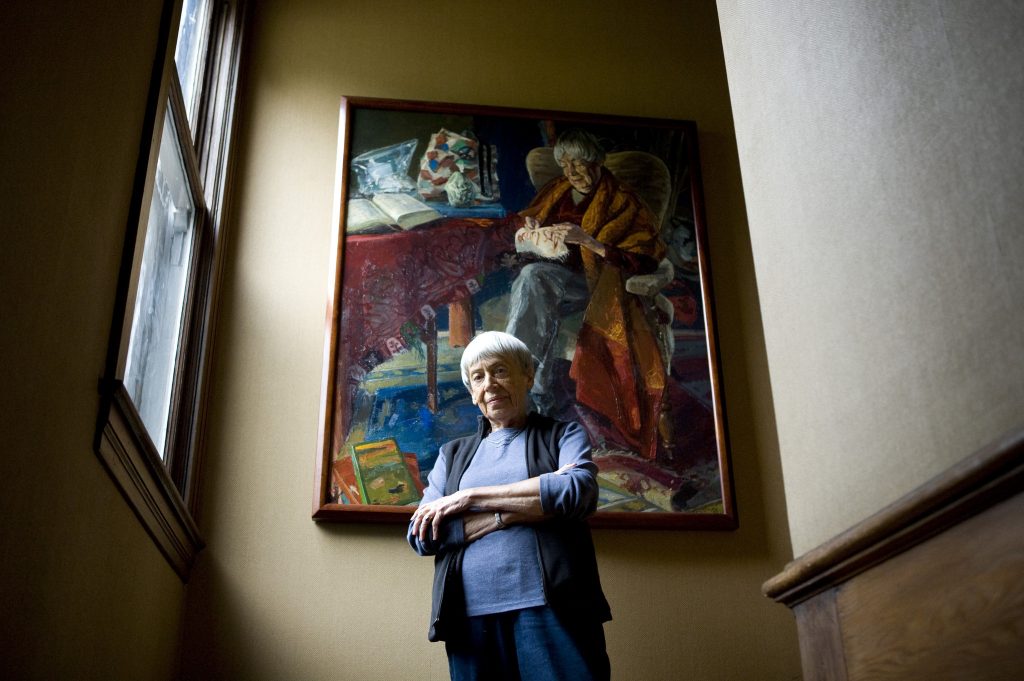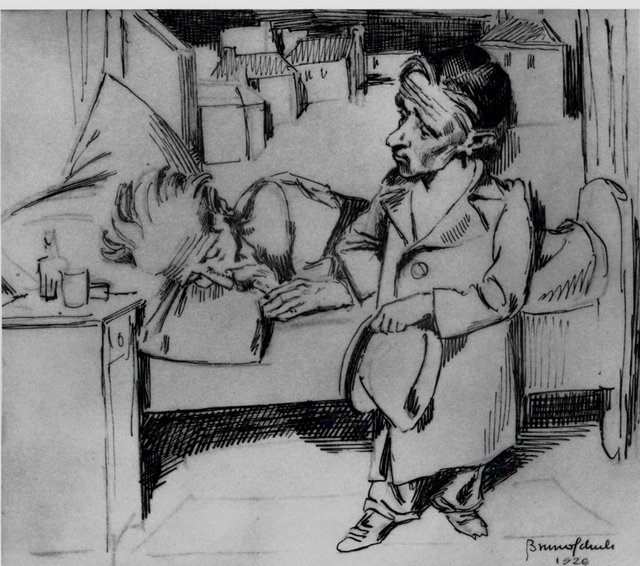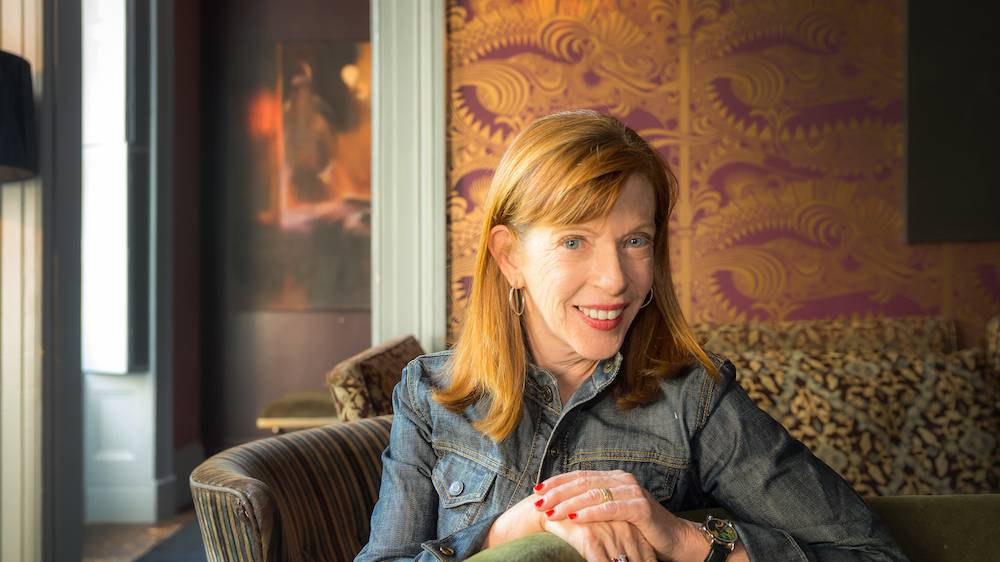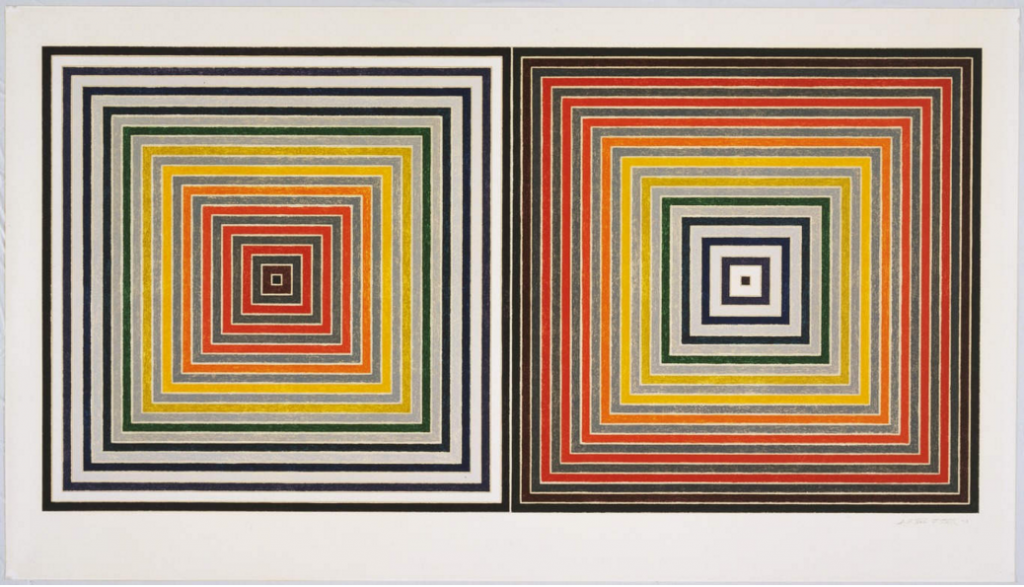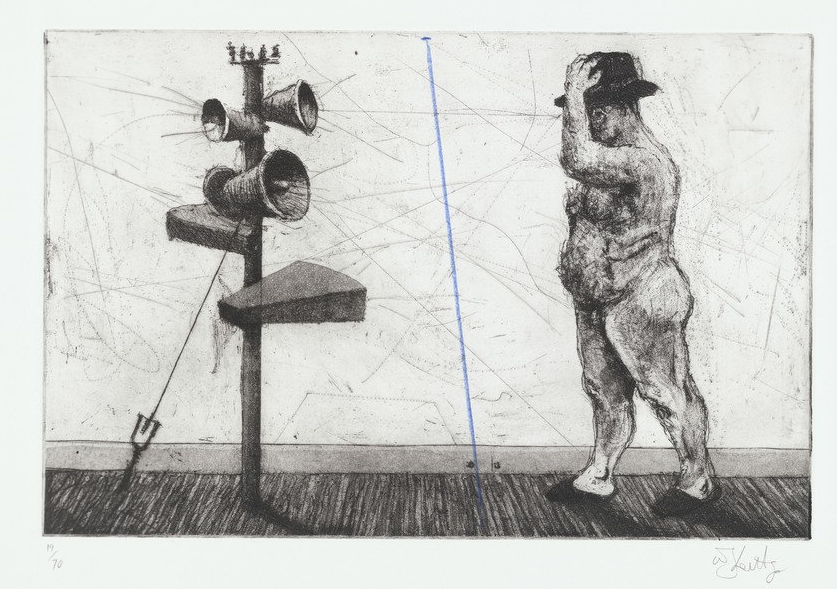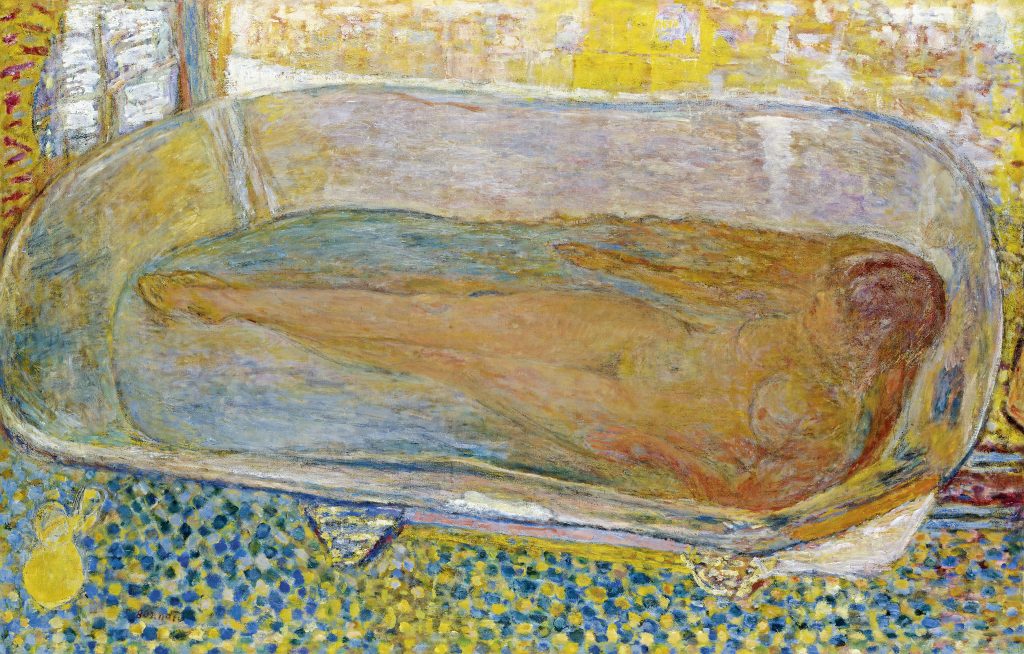“A Box of Coins,” by Elizabeth Kostova
I couldn’t find a photograph of a Faustina Junior coin with exactly the same reverse image, but I discovered a very similar graceful figure, the details of its draperies intact—Diana, beautiful goddess of the hunt, with her bow in one hand and her arrow in the other. The outline of the gown was the same, anyway, and above all the ineffably sweet gesture of her arm. Faustina Junior had been brave and adventurous, too, and sweet, judging from her profile, and perhaps Marcus Aurelius had chosen this image especially for her. Turning over the other coins, I realized that each must have a story as rich as this one.
“A Box of Coins,” by Elizabeth Kostova Read More »


